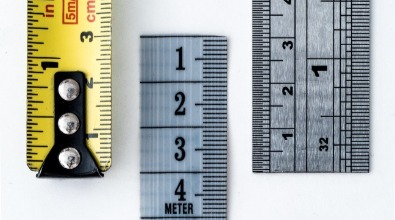How to Sell a House During COVID-19
by Kayla Keena
Even in a pandemic, people need places to live, job-seekers need to relocate, and empty-nesters still need to downsize. If selling your home is a necessity rather than an option, real estate professionals can show you how to sell a house during COVID-19.

Invest in Professional Pictures and Video
Virtual tours have been around for years, but the need to view a home remotely has raised expectations. Professional photos and videography are essential. With open houses shut down, only the most serious buyers will be granted interior inspections in person. Thus, the only way a home can gather enough interest from potential buyers and turn it into serious offers is by how the house looks online.
Advice about preparing the home to sell takes on added significance when showings are via video. Colors, patterns, and light all affect how the home looks on camera. Consult a video professional to gain insight into how any changes you make to help the home look more appealing will appear on camera.

Some real estate agents have transformed the 360Ëš tour in the online listing into live virtual events. Facebook Live is one tool that facilitates promotion of a large virtual group viewing. An agent can show the home live while responding to any questions that appear in a simultaneous chat.
Some prospective buyers prefer a more intimate, personal tour. An agent can walk through a home and describe its features while sending live video on their phone, tablet, or laptop.
Reassure Prospective Buyers About Health Precautions
Vacant, staged homes will be easier to sell. If the seller has already moved out and the agent limits viewings strictly to serious buyers, chances of a sale improve. When an offer is conditional upon an in-person inspection, the agent should provide masks, booties, gloves, hand sanitizer, and a sanitary way to dispose of the PPE after use. In an in-person walk-through, the agent and buyers should maintain their distance from each other, and everyone should wear masks.
Accomodate Low- or No-Contact Inspections, Appraisals, and Closings
Appraisers may drive by, and the inspector might look around alone, being careful to observe precautions. Some states have permitted remote notarization for closing documents. Attendance at physical meetings for closing procedures should be limited to the signatories. Everyone should wear masks, sit at least six feet apart, and use their own pens.

Be Prepared for Tighter Mortgage Standards and Special Clauses
Economic uncertainty and ongoing layoffs have caused lenders to tighten standards for qualifying for mortgages. This may mean that a willing buyer needs more time to secure financing. Some sales contracts may now include clauses about what happens if the buyer or the seller must back out because of coronavirus problems. These could be anything from unavailable or unwilling inspectors, inability to travel, or localities shutting down again because of a flare-up, making title searches and registering transfers and deeds difficult.
Selling a home during the COVID-19 pandemic is possible but challenging. Some sellers have decided to wait it out, keeping supply tight and prices steady. Buyers are in no mood to pay premiums, however, so pricing the home appropriately is as important as ever to a successful sale.